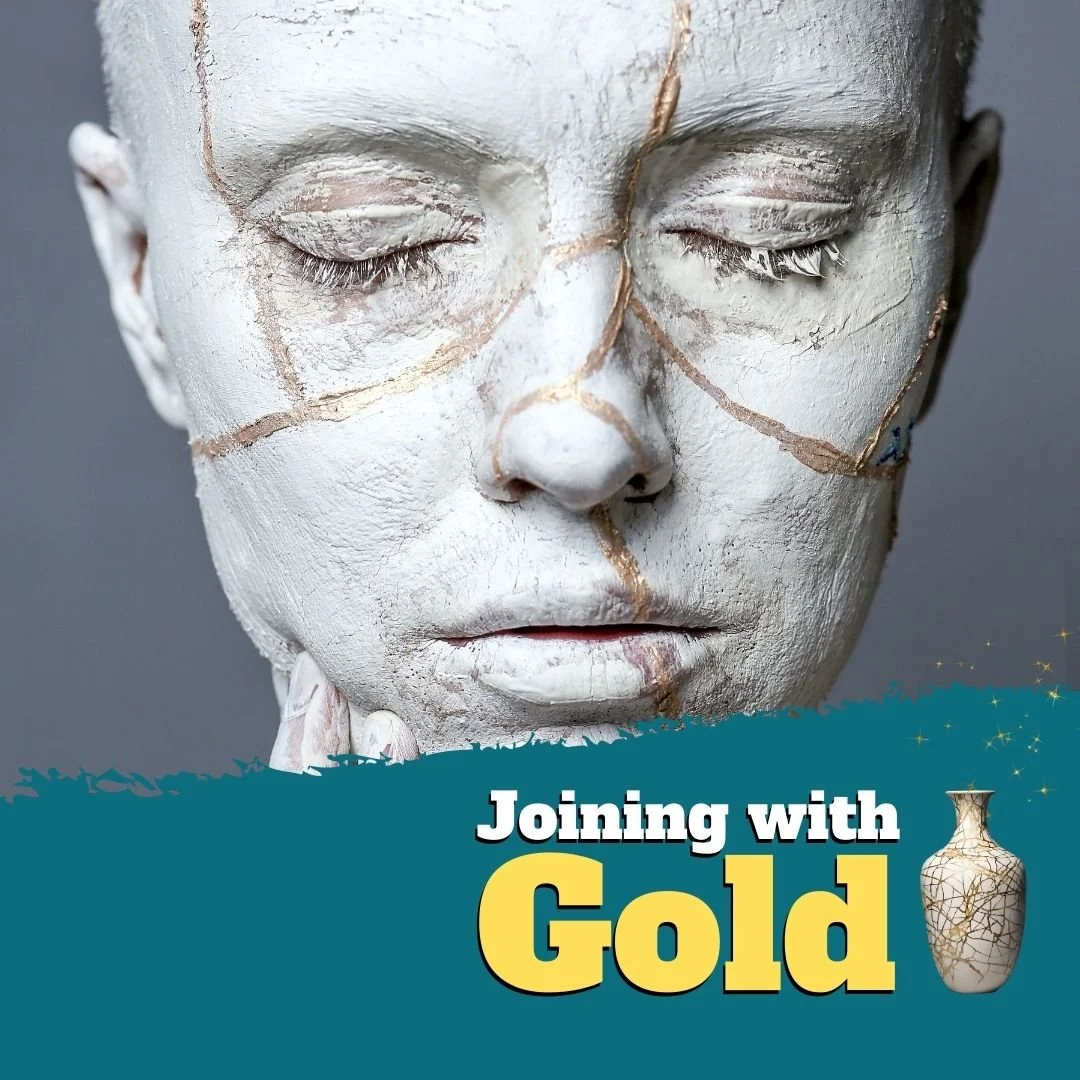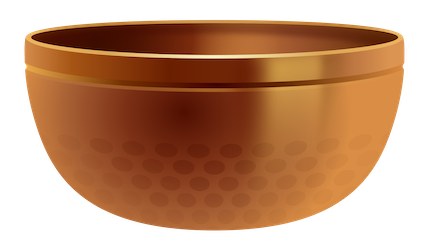

QUICK TALKS - Joining with Gold: The Art of Kintsugi
A short reflection on neuroplasticity and how the brain is designed to change, learn, and grow throughout life.

COURSE - Demystifying Mindfulness (Part 2: Taking a Breath)
Part two of this mindfulness course exploring how the breath supports calm, focus, and stress regulation.

COURSE - Demystifying Mindfulness (Part 3: Anchor & Intentional Routines)
Part three of a mindfulness course exploring anchors and simple routines to support calm, focus, and purposeful action.

QUICK TALKS - Old Dog, New Tricks: a brain changer
A short reflection on neuroplasticity and how the brain is designed to change, learn, and grow throughout life.

A warm welcome to Wake-Up. De-Stress.
A short introduction to Wake Up. De-Stress. and the intention behind the podcast.

COURSE - Demystifying Mindfulness (Part 1)
Part one of a four-part course exploring mindfulness as a practical tool for managing stress and overwhelm.

MEDITATION - Deep Body and Breath Calm for Stress and Anxiety
A grounding body and breath meditation to calm stress and anxiety and reconnect with a sense of stability and ease.

MEDITATION - Body Scan for Sleep & Relaxation
A calming body scan meditation designed to help you unwind, release tension, and prepare for deep, restorative sleep.

Morning Practice: Waking Wave 20min (new!)
This longer meditation practice helps you begin your day by settling into your present moment experience. And then in 3 steps, it connects you to the sensations in your body, the sounds you hear and finally to your breath. It is a gentle and calming way, to deepen awareness and to prepare and energise your mind and body, for the day ahead. So that you can reach the horizon of your day, feeling happier and healthier.

Mindful Breath Awareness: 20min
The Mindful Breathing meditation helps us to focus our attention closely on our breathing. Noticing how we can experience the breath in a number of ways. We begin by grounding the body and mind. And then in 3 steps, firstly focus narrowly on breathing in and out, then on movements the breath generates, and then broadly on the breath in the body. It is a reliable way to deepen present moment awareness, focusing the mind and body and connecting ourselves to healthy breathing and healing.

Mindful Movement: 20min
Mindful Movement is part of the Waves of Wellbeing and Resilience course and coaching programme. It is designed to help us intentionally connect with our bodies and movement. And to become fully aware of our moment to moment experience. It is a longer meditation practice in which we explore gentle stretches and investigate the many sensations that arise as we move. But always within our own limits. No pressure to push beyond them. By working with our bodies in this way, we develop greater mind-body awareness and understanding. We strengthen and nourish our bodies too, supporting our health and wellbeing, each time we practice.

The Body Scan: 24min
This longer body scan is part of the Waves of Wellbeing and Resilience course. It is a simple, yet powerful way to come out of ‘our heads’ and get in touch with our direct bodily experience. As a longer meditation practice, it gives us more opportunities to explore bodily sensations and reflect on our moment to moment experience. It encourages greater openness towards and acceptance of what arises in the mind and body. And it generates deeper rest, relaxation and recovery for the mind and body.

Taking in the Good: Day 5
This short practice is adapted from and inspired by the neuroscientist Dr Rick Hanson. The principle behind the practice is that by dwelling for longer in ‘good experiences’, we can rewire our brains for ‘positivity’.

Beginner’s Mind: Day 4
A short daily practice to bring curiosity, wonder and openness to everyday tasks and activities. By learning to look with fresh eyes, we lay a receptive foundation for more challenging mindfulness work.

Taking a breath: Day 3
This is a short breath awareness meditation to deepen your connection with the breath. And in doing so, the present moment. It helps to calm the mind and body during life's most challenging moments, giving us space to respond.

The Body Scan: Day 2
The body scan is a great way to come out of ‘our heads’ and get in touch with our direct bodily experience. It encourages greater openness and acceptance. And it generates deeper rest, relaxation and recovery for the mind and body.

This Moment: Day 1
This short guided practice is designed to help ground you in the present moment, to become fully aware of what is going on. And to bring a sense of calm and stability. It can be used anytime and anywhere you need.
Wake Up. De-Stress.
Wake Up. De-Stress. is a collection of mindfulness and compassion-based meditations, talks, and guided courses designed to help you work more skilfully with stress in daily life and work.
Grounded in science and evidence-based approaches, the podcast supports calmer responses, reduced anxiety and fatigue, and the development of sustainable, mindful habits - supporting greater wellbeing, focus, and connection with others.
For full video content and guided visual resources sign up on Waves of Transformation
As seen on
8400+ course participants
2500+ reviews
Top Voice 2024-26 for Mindfulness
Linkedin Blue Badge
Virtual Campus “Invited” Speaker
9000+ global leaders
Frequently asked questions
-
You will be walked through a series of instructions related to the particular meditation practice. It could be a focus on the body, the breath or sounds, or a combination of these.
You need only follow the instructions. There is nothing else to do. There will be moments of silence. And there will be questions occasionally to help you reflect on your experience.
-
In all cases you comfort is important, whether warmth or ease of posture. So choose to sit, stand or lie down. And bring cushions and blankets or other supportive aids where needed.
There is no expectation to go beyond your limits. Over time, your comfort with different postures and experiences will naturally develop.
-
That is ok. There is no judgement. No expectation that you thoroughly enjoy meditation practice. And you do not have to force yourself through anything. Or strive to be better at it.
Outside of physical discomfort, which can be supported, ‘what we do not like’, can very often be the area of great learning and personal development in meditation practice. You can always choose to stop if you are uncomfortable.
But if you choose to go on, gradually you can allow certain experiences, thoughts, feelings and emotions to be present. And they may transform over practice and leave behind greater understanding and feelings of wellbeing.
-
Each moment in every day is new. So each moment in every meditation you do will be new too. How you respond to thoughts, feelings and emotions OR habits and patterns, will change also.
So, you can do these practices as many times as you wish. The next step might be longer practices and involvement in a course or group. This will deepen the learning, experience and wellbeing benefits.








